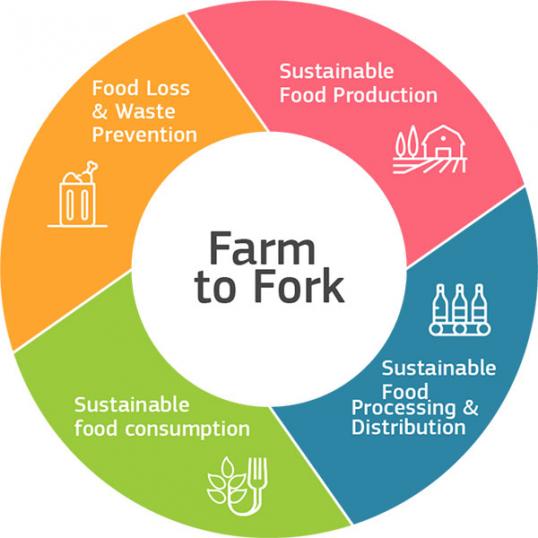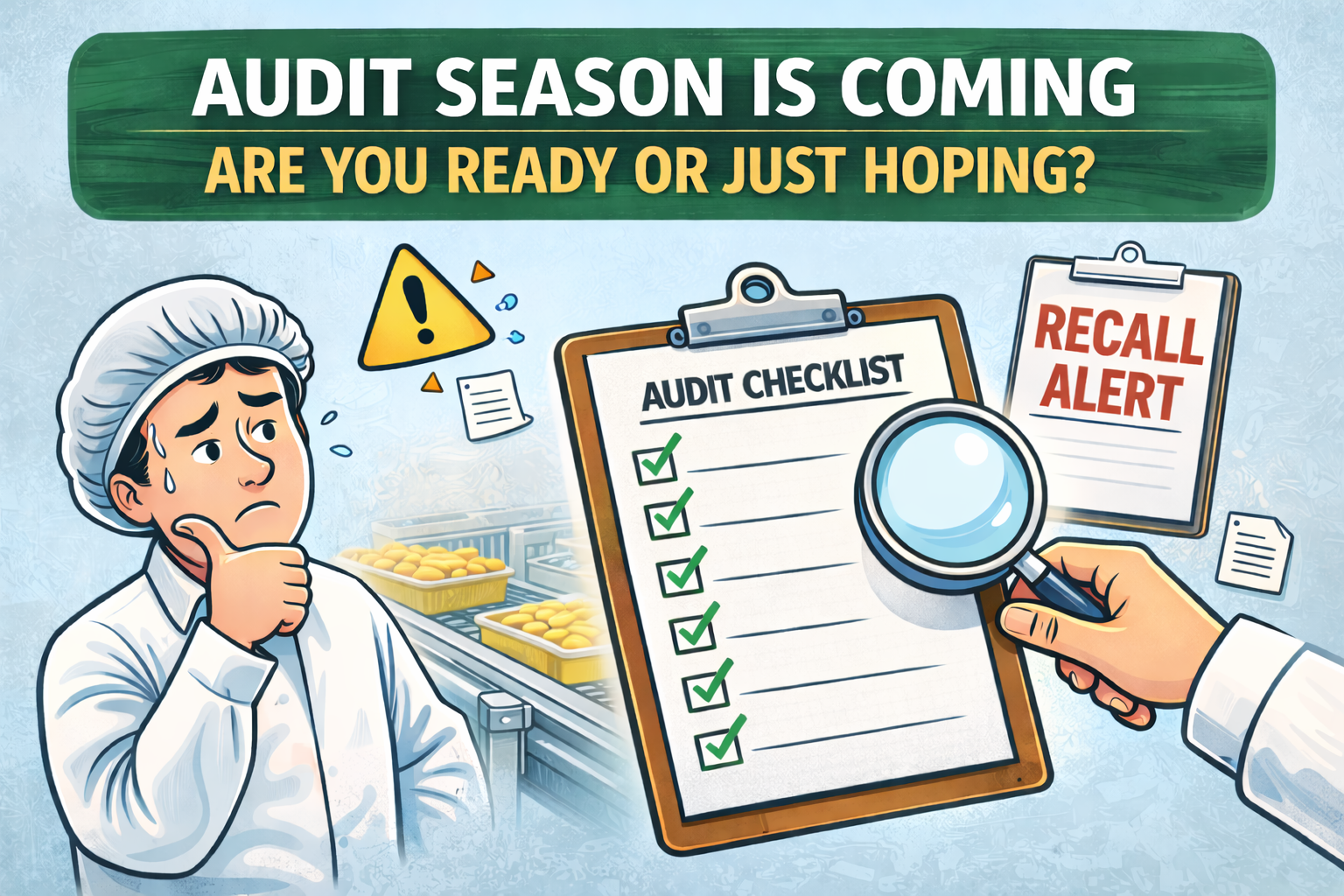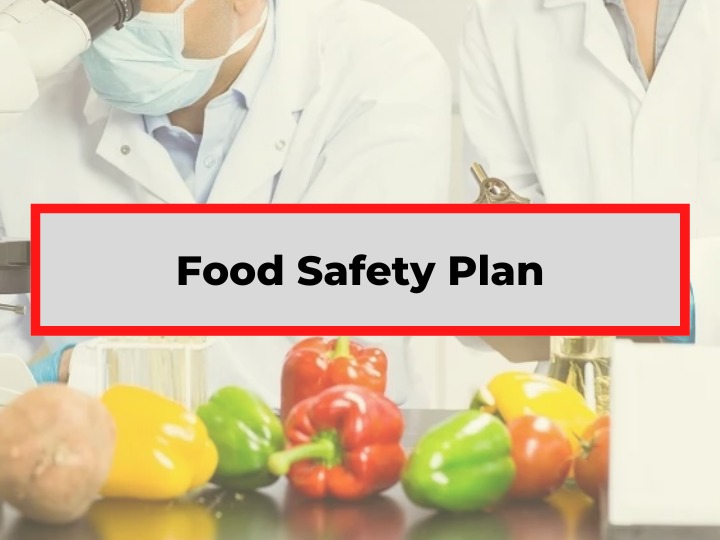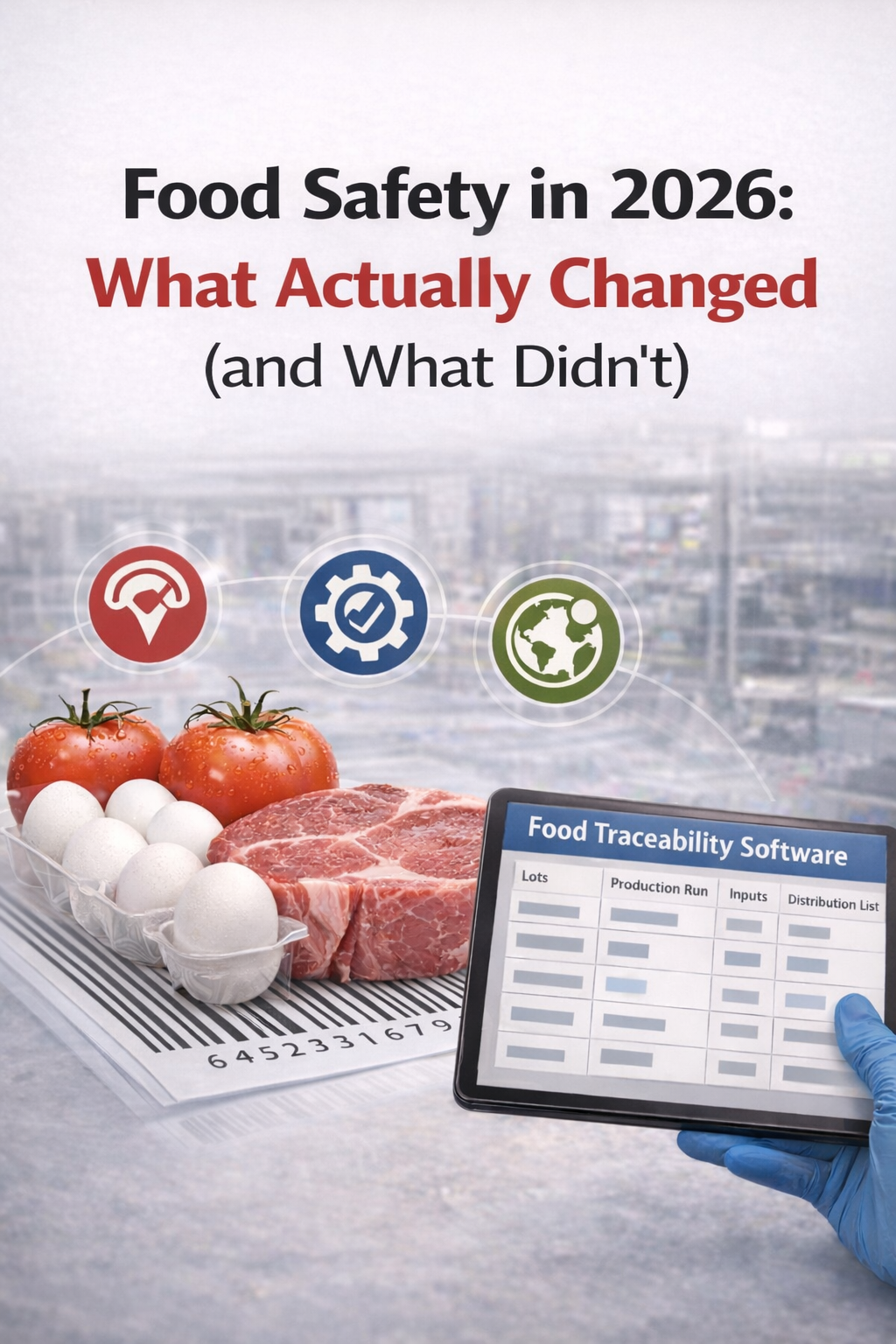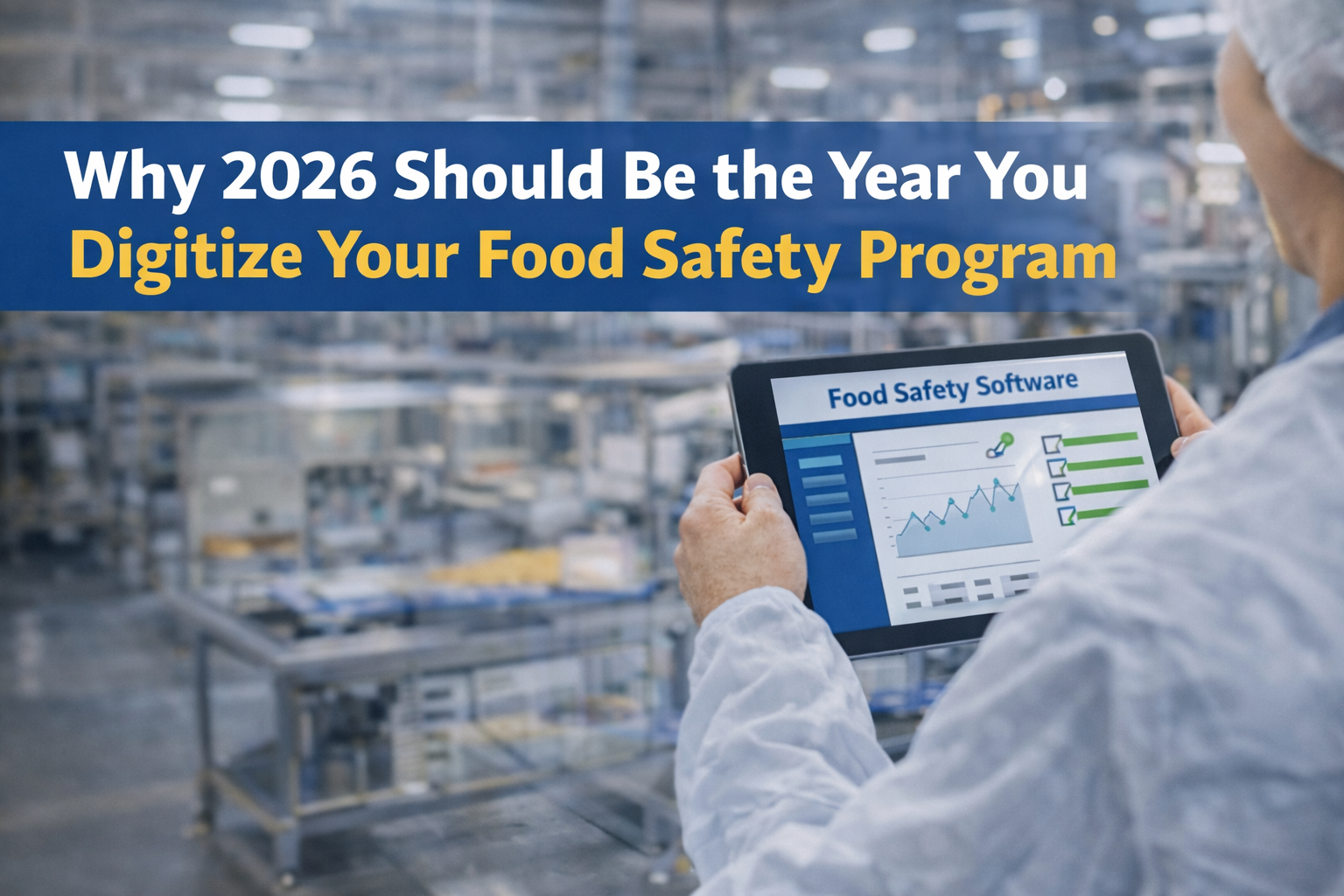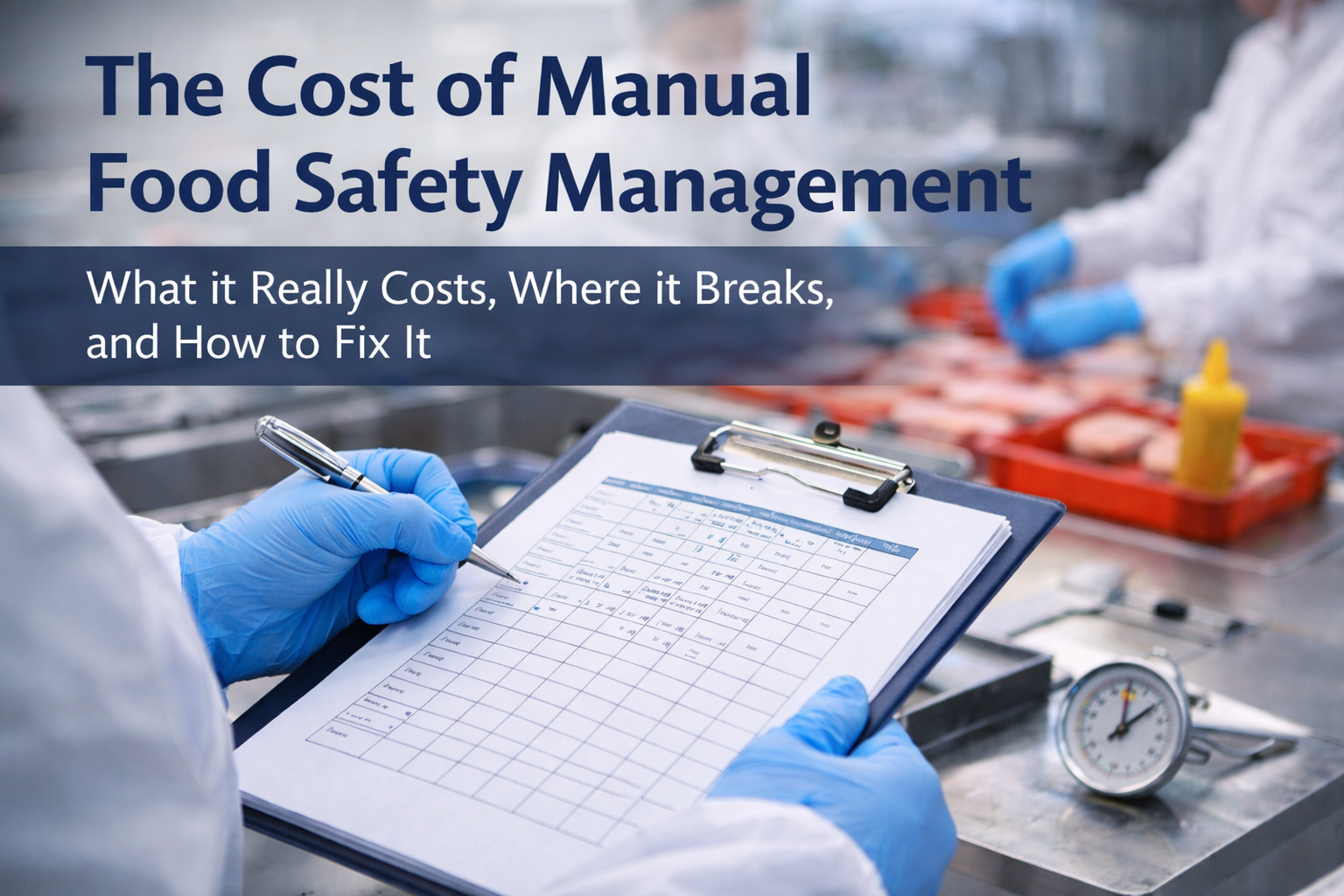In the dynamic and demanding world of food safety, the ability to swiftly and effectively execute a product recall is paramount. This process, often a litmus test for a food company's operational resilience, involves complex coordination and swift action. In this detailed exploration, we’ll delve into the nuances of mastering mock recalls, a critical component in the food safety continuum, from farm to fork.
Understanding the Importance of Mock Recalls
A mock recall is essentially a drill. It's designed to test the effectiveness of a food recall plan, ensuring that if there's a need to swiftly remove a product from the market due to potential safety concerns, the mechanisms are in place to do so quickly and efficiently. This proactive approach is vital in mitigating risks associated with food safety incidents, which can range from minor quality issues to significant health hazards.
The Role of Food Safety Software
In today's technologically advanced era, food safety software plays a crucial role in streamlining and strengthening the recall process. By integrating Food Traceability Software, businesses can swiftly trace and track products throughout the supply chain. This digital leap enhances accuracy and speed, which are critical in high-stakes recall scenarios.
Step-by-Step Approach to Conducting a Mock Recall
Step 1: Establishing a Recall Team
- Composition: A diverse team, including members from quality assurance, operations, logistics, legal, and communications.
- Responsibilities: Define clear roles and responsibilities for each team member.
Step 2: Defining the Scope of the Mock Recall
- Selection of Product: Randomly select a product or batch for the mock recall.
- Objective Setting: Determine specific objectives, such as time frames and communication effectiveness.
Step 3: Executing the Mock Recall
- Initiation: Use food safety software to trace the selected product through the supply chain.
- Communication: Notify internal teams and external stakeholders (suppliers, distributors, etc.) using predetermined communication channels.
Step 4: Monitoring and Documentation
- Tracking: Continuously monitor the progress of the mock recall.
- Record-Keeping: Document every step, including times of actions and decisions made.
Step 5: Evaluating the Mock Recall
- Analysis: Review the effectiveness of the recall procedure.
- **Identify Gaps: Look for areas needing improvement, such as delays or communication breakdowns.
Step 6: Implementing Improvements
- Action Plan: Develop a plan to address identified gaps.
- Training: Regularly train staff on updated recall procedures.
Step 7: Regular Reviews and Updates
- Frequent Testing: Conduct mock recalls regularly.
- Policy Updates: Revise recall policies as needed to reflect changes in regulations or business operations.
Examples of Mock Recall Scenarios
1. Contamination Scenario: A routine quality check reveals a batch of products potentially contaminated with a foreign substance. The recall team is mobilized to trace and recall the affected batch.
2. Mislabeling Incident: A consumer alerts to a mislabeling issue that could lead to allergen exposure. The team quickly identifies and recalls the mislabeled products.
3. Supply Chain Issue: A supplier notifies of a potential issue with an ingredient. The recall team uses Food Safety Software to trace the ingredient's path and initiate a recall.
The Role of Food Traceability Software in Mock Recalls
Food traceability software becomes indispensable in these scenarios. It allows for:
- Rapid Identification: Quick identification of the product’s journey through the supply chain.
- Efficient Communication: Streamlined communication with stakeholders.
- Data Analysis: Offers valuable data for analyzing the recall process's effectiveness.
Conclusion: Turning Challenges into Opportunities
In conclusion, mastering mock recalls is not just about compliance or risk management; it's about turning potential challenges into opportunities for continuous improvement. By embracing technologies like Food Safety and Traceability Software, companies can not only enhance their recall readiness but also demonstrate their commitment to consumer safety and quality.
Are you looking to elevate your food safety operations? Consider exploring the capabilities of food safety software to streamline your processes. For a deeper understanding and a hands-on experience, I encourage you to [book a demo with NORMEX](https://normex.ca/demo), where you can explore how advanced software solutions can transform your food safety management system.
Mock recalls are a critical exercise in the food safety arena. By preparing for the worst, companies ensure the best outcomes for their consumers and their brand. Remember, in the world of food safety, it's not just about being ready; it's about being proactive, efficient, and, above all, safe.

